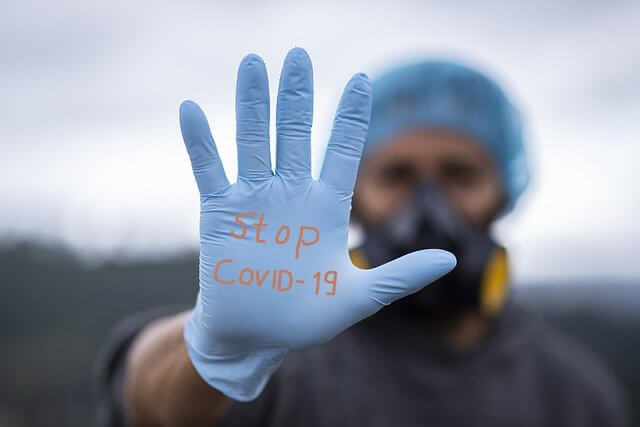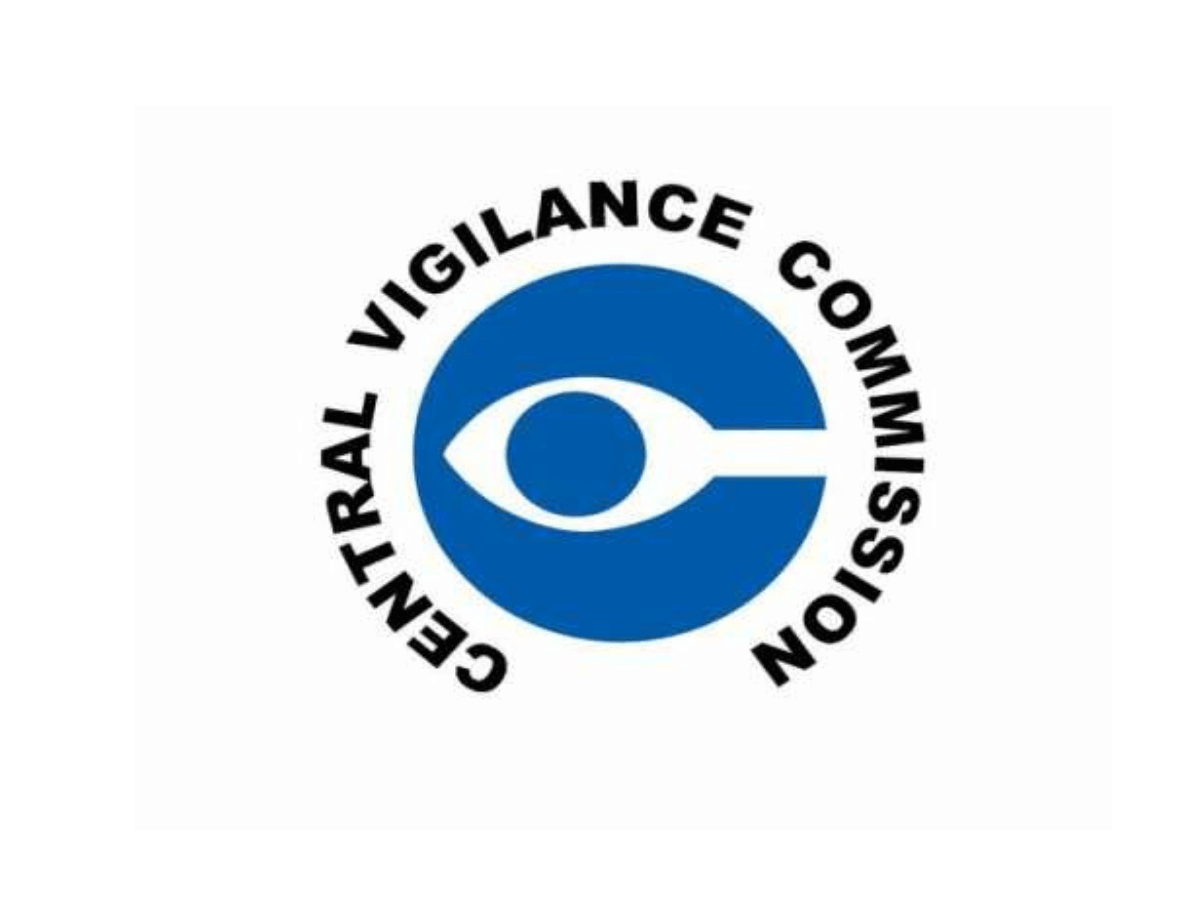This Blog is written by Palak Bhawsinka from National Law University, Odisha. Edited by Priyanjali Priyadarshini.
Child support refers to the continuous periodic contributions provided by a parent for a child’s care and upbringing after marriage or another relationship has come to an end. When a marriage breaks down and ends up separating a couple, the child or children born from the marriage are the person(s) who suffer the most.
This Blog is written by Snegapriya VS from VIT Law School, Chennai. Edited by Lisa Coutinho.
The Indian tolls Act falls under the ministry of road transport and highways. The enactment of which is to confer the government with the power to levy tolls on public roads and bridges. Primarily, why do we pay a toll? And how it works? The people opt for state and national highways for faster traveling since it is less congested and lacks complex traffic.
This Blog is written by Barnali Das from KIIT School of Law, Odisha. Edited by Prakriti Dadsena.
Menstruation is a natural biological process of the body of every girl or women in their adolescent age. However, in rural India, as a whole, it is a topic that is not spoken about openly and it also causes needless shame and embarrassment as in our country, menstruation is a taboo induced with a stigma that does not permit to be discussed or nor even seek information.
This Blog is written by Oindrilla Bhattacharjee from St. Xavier’s Institution, Panihati. Edited by Prakriti Dadsena.
Marijuana, also known as weed, pot, reefer, joint, ganja, etc. is a psychoactive drug and used primarily for recreational and medicinal purposes. The scientific name of Marijuana is cannabis, as it is originated from the plant cannabis. Among the 483 known compounds in the plant, the main constituent is tetrahydrocannabinol
This Blog is written by Barnali Das from KIIT School of Law, Odisha. Edited by Prakriti Dadsena.
For a very long time, in every place in the world, whenever and wherever the norms of the society are violated by the media industry and the unprofessional conduct of the press impairs its freedom, the authorities, as well as the Press itself, has felt the necessity of such a mechanism or any way that can keep an eye on it and control it.
This Blog is written by Wafiya Tunnisa from Middlesex University, Dubai. Edited by Ritika Sharma.
In this millennial era, where more than 90% of the time of a person is spent on social media and electronic devices, it is has become very easy for every citizen of this country to practice freedom of expression and freedom of placing their views and ideas in front of the world without any restriction. Whilst this ideology, like everything else there have been good and bad impacts on each one’s life.
This Blog is written by Wafiya Tunnisa from Middlesex University, Dubai. Edited by Ritika Sharma.
The department of food and public distribution reported that the Act covers two-third of the population to receive highly subsidized food products. Two-third amount of the population means around 81.35 crores have been covered under the NFSA 2013.
This Blog is written by Siddharth Singh from University of Petroleum and Energy Studies, Dehradun. Edited by O.S.S. Sarada Rasagnya.
A murderer destroys the physical frame of the victim likewise a rapist destroys and defiles the soul of the helpless female. Rape is the most morally and physically reprehensible crime in society it reduces a woman to an animal, as it shakes the very core of her life.
This Blog is written by Sidrah Jami from Amity Law School, Noida. Edited by O.S.S.Sarada Rasagnya.
Drugs are considered to be one of the most evolving items worldwide. It is used for medicinal purposes and the advertisement of drugs is legalized in various countries. The paper firstly provides an introduction to drugs. Secondly discusses the significance of the development referring to The Drugs and Magic Remedies (Objectionable Advertisements) Act, 1954 and studies the impact after the implementation of the act.
This Blog is written by Sidrah Jami from Amity Law School, Noida. Edited by Saumya Tripathi.
Media plays an important role in every individual’s life. It has evolved over the years. The paper firstly provides an introduction to the media and then discuss the significance of the development. Referring to the Prasar Bharti (Broadcasting Corporation of India) Act 1990 and different elements of media.
This Blog is written by Sidrah Jami from Amity Law School, Noida. Edited by Naina Agarwal.
The Medical Termination of Pregnancy Act was passed by the Indian Legislature in 1971. This act has been considered a bold move in Indian society. It focused on the unwanted pregnancies in the country. The paper firstly provides an introduction to the abortion laws in India and abroad.
This Blog is written by Thanam Keerthi Chandana from National Law University, Tamil Nadu. Edited by Saumya Tripathi.
This article analyses the taxes on lotteries and gambling and forces encouraging governments to give excessive priority to protecting gambling revenues. Since ancient times, governments have regulated the degree and conditions under which gambling is allowed. Governments likewise developed an early money-related enthusiasm for legalizing gambling, understanding that specific types of gam-bling were a gainful base for taxation.
This Blog is written by Pranavi Shah from SVKM’s Pravin Gandhi College of Law, Mumbai. Edited by Uroosa Naireen.
The International Court of Justice, popularly known as the World Court is one of the six principal organs of the United Nations. It is the principal judicial organ on the United Nations and is seated at the Peace Palace in The Hague in the Netherlands. Its primary function is the settlement of disputes between member states in accordance with international laws and also to give advisory opinions to the states regarding international disputes.
This Blog is written by Sidrah Jami from Amity Law School, Noida. Edited by Uroosa Naireen.
The cable television network is one of the most important topics that many countries have resolved through various talks. For a healthy democracy, it is essential that the institution of media is given due respect in spirit and law, that lays the basic foundation of democracy and that provides for an informed citizenry capable of making wise decisions, ultimately contributing to a well-functioned democracy.
This Blog is written by Shivanjali Mane from K.L.E. Society Law College, Chikodi. Edited by Uroosa Naireen.
On June 2020, the Ministry of Labor and Employment decided to consolidate 44 Central labor laws into four codes relating to wages, social security, industrial relations, and occupational safety and health based on the recommendations of the 2nd National Commission on Labor.
This Blog is written by Arth Ghiya from SVKM’s Pravin Gandhi College of Law, Mumbai. Edited by Harshita Yadav.
Broadcasting refers to the distribution of video or audio content with the help of any electronic mass communications medium to a dispersed audience. It assembles and programs any form of communication content like pictures, images and sounds, signals, writing, etc. in electronic form.
This Blog is written by Arpana Komal from Central University of South Bihar, Gaya. Edited by Harsh Sonbhadra.
CBFC stands for Central Board of Film Certification which is often referred to as the Censor Board which is a statutory body under the Ministry of Information and Broadcasting, regulating the public exhibition of films under the provisions of the Cinematograph Act 1952.
This Blog is written by Hiba Abbas from St. Stephen’s College, Delhi University. Edited by Harsh Sonbhadra.
On 5th June 2020, the President of India issued three Ordinances- The Farmer’s Produce Trade and Commerce (Promotion and Facilitation) Ordinance, 2020, The Farmers (Empowerment and Protection) Agreement on Price Assurance and Farm Services Ordinance, 2020, and The Essential Commodities (Amendment) Ordinance, 2020.
This Blog is written by Hiba Abbas from St. Stephen’s College, Delhi University. Edited by Naina Agarwal.
A universally well-known hallmark of India is its diversity and its heterogeneous society made up of a mixture of variegated cultures. India is home to multiple distinct socio-cultural societies with people practicing various religions, following a myriad of traditions and customs, and belonging to different groups and races.
This Blog is written by Prachika Modi from KIIT School of Law, Odisha. Edited by Naina Agarwal.
A fee that is imposed on a plaintiff to file a case in the court of law. This fee is collected by the government on the people seeking judicial remedies through legislation. The concept of court fees was brought in order to prevent a vexatious lawsuit, which means cases filed in the court solely with an intention to harass the impugned party.
This Blog is written by Arpana Komal from Central University of South Bihar, Gaya. Edited by Naina Agarwal.
Workers who are employed in any work within the vicinity of any port for the aim of loading, unloading, movement, or storage of cargoes, i.e., anything carried during a ship or vessel, into or from a ship, port, dock, and storage place are referred to as dockworkers and for the smooth functioning of a corporation, the employer should ensure safety and security of his employees.
This Blog is written by Hiba Abbas from St. Stephen’s College, Delhi University. Edited by Ravikiran Shukre.
In K. Veeramani v. The Chairman 2017, the petitioner filed for the issuance of a writ of Mandamus under Article 226 of the Indian Constitution. This writ, translating to “we command” in Latin, is issued to direct a lower court or public authority to perform mandatory obligations that fall within the ambit of its duties.
This Blog is written by Manmohit Bhalla from KIIT School of Law, Odisha. Edited by Ravikiran Shukre.
On October 15, 1983, the Government of India passed an Ordinance to set up courts for assurance of the inquiry whether an individual is or isn’t an unlawful migrant. which was further, followed up as an Act in the month in December, named as, the, Illegal Immigrants (Determination by Tribunals) Act, 1983.
This Blog is written by Arpana Komal from Central University of South Bihar, Gaya. Edited by Ravikiran Shukre.
In India, presently the law governing the admiralty jurisdiction of courts and related aspects of maritime law is too outmoded. The High Court’s jurisdiction to entertain maritime disputes results in letter patents. British established the legal system on this subject, and in India, there is no local legislation dealing with the same.
This Blog is written by Vidur Thanawala from Bennett University, Greater Noida. Edited by Prakriti Dadsena.
As per Prime Minister Shri Narendra Modi’s vision for increasing individuals’ investment and straightforwardness in the administration, the Ministry of Shipping has given the draft of the Aids to Navigation Bill, 2020 for recommendations from the stakeholders and overall population.
This Blog is written by Abhipsa Panda from KIIT School of Law, Odisha. Edited by Prakriti Dadsena.
Cross-border investment otherwise called import and fare financing—alludes to any financing course of action that happens outside a nation’s outskirts. Cross-outskirt financing assists organizations with collaborating in worldwide exchange by giving a wellspring of subsidizing that empower them to contend internationally and direct business past their residential fringes.
This Blog is written by Sidhida Varma S. from Government Law College, Thiruvananthapuram. Edited by Yash Jain.
We have seen people sending a lot of obnoxious items to space – Cats, dogs, guitars, and so on. But it got even more interesting when Elon Musk sent his $100,000 worth cherry red convertible Tesla Roadster at the start of 2018.
The Roadster is a dummy payload, which was launched using the most powerful operational rocket known as the Falcon Heavy. A dummy payload refers to the boilerplate, which is a non-functional craft.
This Blog is written by Sidhida Varma S. from Government Law College, Thiruvananthapuram. Edited by O.S.S.Sarada Rasagnya.
The Motor Vehicles Act was enacted in 1988. This Act provides for the regulation of the aspects relating to road transport vehicles. It mainly deals with the laws relating to registration of motor vehicles, licensing of drivers, insurance, liability, offenses, and punishment for the same. It also gives emphasis to the provisions relating to state transport undertakings, traffic regulations, etc.
This Blog is written by Prachika Modi from KIIT School of Law, Odisha. Edited by O.S.S.Sarada Rasagnya.
Progression in innovation has prompted an extraordinary change in the human way of life. This has urged individuals to explore and try new things either due to need or as a fashion statement. Body art is becoming increasingly popular these days. It is a form of an emotion that is incredibly personal to the person getting inked.
This Blog is written by Manmohit Bhalla from KIIT School of Law, Odisha. Edited by O.S.S.Sarada Rasagnya.
India has one of the largest postal services network, which includes approximately 1 lakh 54 thousand post offices out of which 1 lakh 37 thousand are located in the rural areas of the country as the postal services or the Indian post is one of the most important services for people living in villages.
This Blog is written by Amrusha Sengupta from Adamas University (School of Law and Justice) Barasat. Edited by Sonali Priyadarsani.
The Indian Soldiers (Litigation) Act, 1925 is an integral part of the military laws in India. It provides special protection to the Indian Soldiers who are party to a civil dispute especially when they are serving under special conditions. It gives them a special opportunity and their interest is protected when they are serving at war.
This Blog is written by Sidhida Varma S. from Government Law College, Thiruvananthapuram. Edited by Swati Pragyan.
The Pre-Conception and Pre-Natal Diagnostic Techniques Act was enacted with a view to curb female foeticides. Female foeticides lead to a decline in the sex ratio and to combat the same is the main objective of this Act. In India, a female child is considered a burden.
This Blog is written by Tamanna Kapoor from Symbiosis Law School, Noida. Edited by Amrith R.
The story of roads can be traced back to the start of human civilization, in the history of India itself there are mentions of roads when one reads about the Indus Valley civilization. Similarly, during the British Raj to there were acts and committees formed that looked into the road and infrastructure development of our country, irrespective of what their reasons were for setting them up.
This Blog is written by Vaishnavi from Central University of South Bihar, Gaya. Edited by Ritika Sharma.
As we are facing an unprecedented global crisis, which has affected the supply chain and it also affected the economy which needs to be revived. So, this article aims to discuss the ways to overcome this economic crisis. As we are not only fighting with this pandemic but also with info-demic as fake news is also spreading in this situation through several social platforms.
This Blog is written by SheelNidhi Sharma from Maharishi Markandeshwar University, Mullana. Edited by Ritika Sharma.
The Airports Economic Regulatory Authority of India (Amendment) Bill was passed on 2nd Aug 2019. It amends the Airports Economic Regulatory Authority of India Act, 2008. The Act established the Airports Economic Regulatory Authority of India (AERA).
This Blog is written by Shashi Indwar from Central University of South Bihar, Gaya. Edited by Ritika Sharma.
The Anti-Hijacking Bill 2010 introduced in the Rajya Sabha and cleared in 2014 and the bill of Anti-Hijacking which provides the death punishment for the offence of Hijacking and the importance for life. Anti-Hijacking was introduced by Ashok Gajapathi Raju, this bill has been referred to the parliamentary standing committee on transport, tourism, and the culture.
This Blog is written by Arnesha Ghosh from Adamas University (School of Law and Justice) Barasat. Edited by Ujjawal Vaibhav Agrahari.
Accountable, transparent, responsive, effective, and efficient, equitable, and follows the rule of law are the key for good governance in any country. the day when any government of any country is able to minimize corruption, take the views of the minorities, and voices of the most vulnerable in the society are heard and take into consideration that day it will be good governance.
This Blog is written by Iesha Sharma from University of Petroleum and Energy Studies, Dehradun. Edited by Ujjawal Vaibhav Agrahari.
A bill was introduced on August 10 2017 in Lok Sabha during monsoon season 2017 in joined committee of both the houses of the parliament. It named Financial Resolution and Deposit Insurance (FRDI) Bill, 2017[1]. The framework of the bill is to deal with the insolvency and bankrupts’ situation in the financial sector for entities such as banks, insurance, companies, and other financial sector intermediaries.
This Blog is written by Amrusha Sengupta from Adamas University (School of Law and Justice) Barasat. Edited by Ujjawal Vaibhav Agrahari.
Globalization did have a great impact on the Competition which is prevalent in today’s market. Promotion of effective competition helps the firm to increase its efficiency, as a result of this consumers at large are benefited, with more productivity the firms can provide more options to the consumers. If there is no competition in the market, the market becomes stagnant.
This Blog is written by Sayen Mohanty from KIIT School of Law, Odisha. Edited by Prakriti Dadsena.
State-approved reconnaissance in India gets its premise from two pioneer enactments; §26 of the Indian Post Office Act, 1898 and §5 of the Telegraph Act, 1885 (hereinafter the Act) accommodate the capture of postal articles and messages sent by means of broadcast individually. Both of these areas, which are closely resembling, given that the forces set down in that must be conjured in the event of an open crisis or in light of a legitimate concern for open security.







































